
Our Faith
We believe in one God:
Father, Son, and Holy Spirit
As Episcopalians, we believe in the Holy Trinity...
... The Father, the maker of heaven and earth
... The Son, Jesus, who lived and died among us and saved us from death
... The Holy Spirit, who guides our conscience through faith in the Gospel,
through prayer, and through the teaching of the Church.
The Word of God
Episcopalians believe that the Bible, the Old and New Testaments, is the Word of God and contains all things necessary to salvation. We also read and learn from the books of the Apocrypha.
In Scripture, we find our own stories opened up and redeemed in the history of humanity, the words of the prophets, the life of Jesus, and the teaching of the Apostles. It is the most important source of truth, wisdom, and authority for Episcopalians. So it requires faith, prayer, historical nuance, and immersion in the life of the Church to interpret.
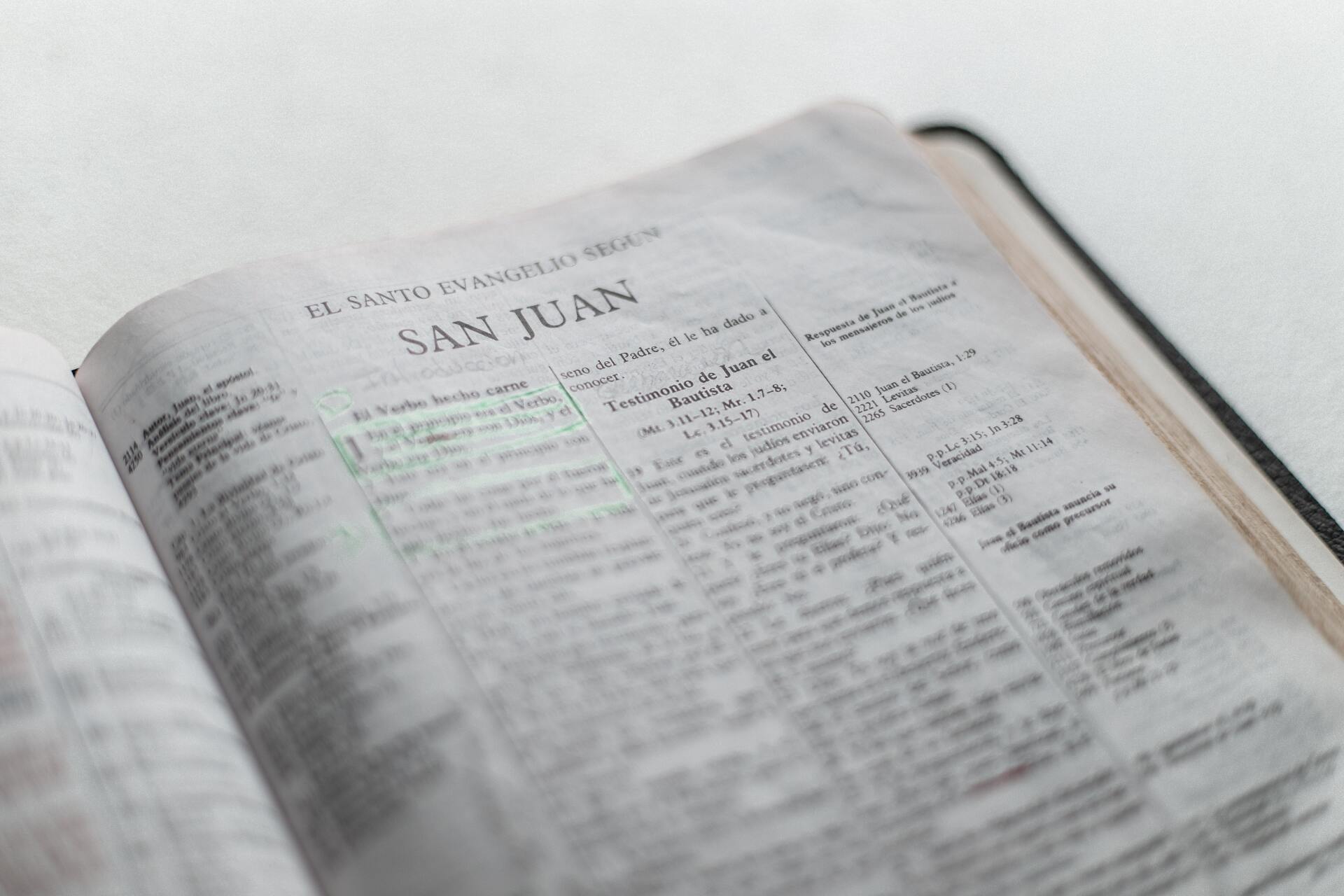
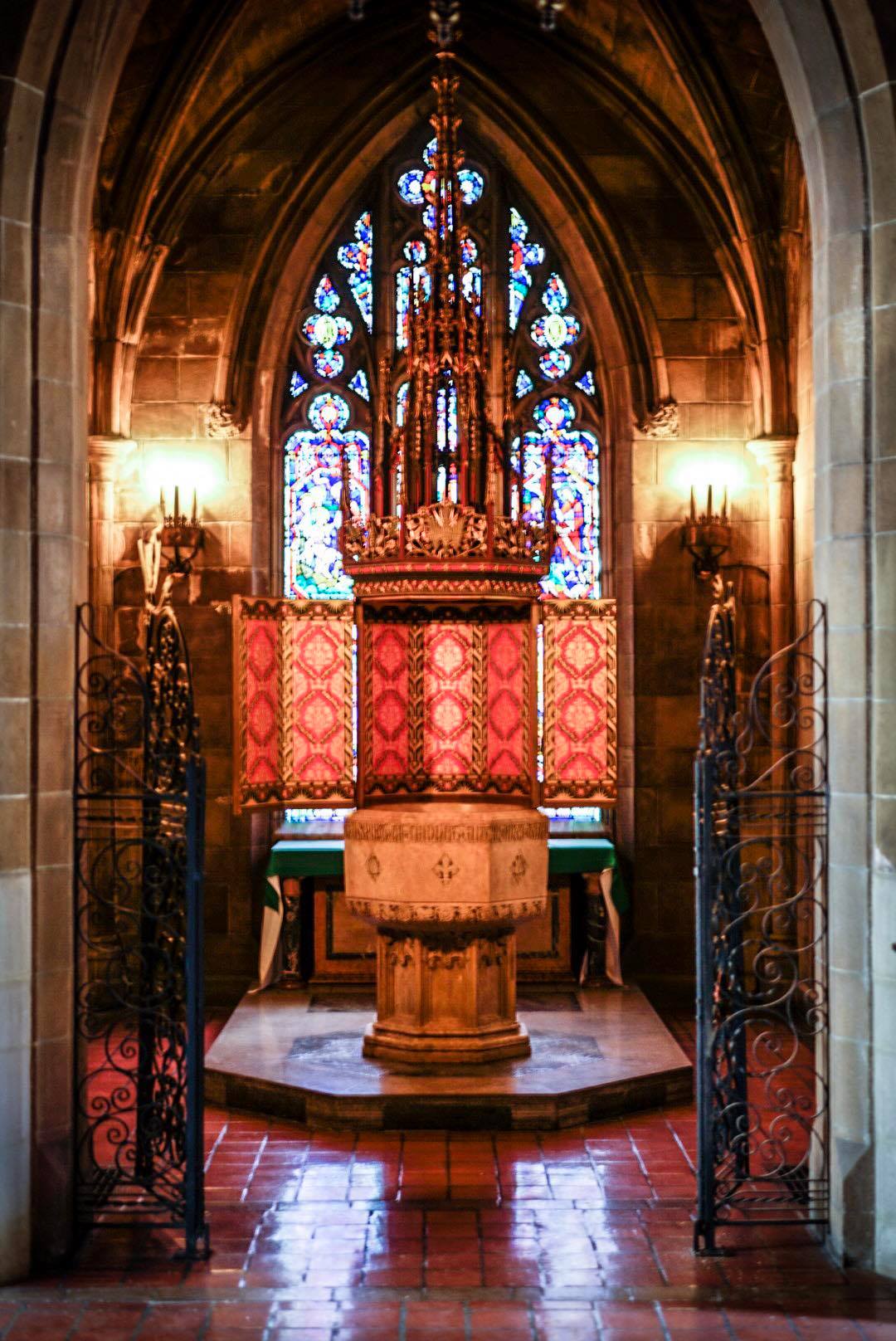
The Church
Episcopalians believe in one holy, catholic, and apostolic Church...
... One. The one Church is the family of the baptized, called by Jesus to live in unity with one another and with God. The Church also unites us with the saints: Christians who have gone before us.
... Holy. The Holy Spirit empowers the Church to resist evil, to strive for justice and mercy, to forgive and ask forgiveness, and to love sacrificially.
... Catholic. The word "catholic" means universal. Salvation through Christ is a gift to all people. God loves everyone, without exception, and invites all to the family of the Church.
... Apostolic. The Church's prayer, teaching, and authority is the fruit of a tradition nearly two-thousand years old. She traces her roots to the time of the Apostles, the earliest followers of Jesus.
The Episcopal Church is a member of the Anglican Communion, one branch of the Church and the third largest group of Christians in the world.
The Sacraments
Episcopalians believe that God is most clearly present in the Sacraments: outward and visible signs of God's grace. The Sacraments bring us to fuller union with Christ in his death and resurrection and deepen our trust in God's love toward us.
Baptism and the Eucharist are the two Sacraments taught by Christ himself. Baptism is the Sacrament in which God adopts us as his children and makes us members of Christ's Body, the Church, and inheritors of the kingdom of God. The Eucharist is a sacrifice of bread and wine, prayers and praises. As we offer ourselves to God, Christ is made present in the bread and wine and unites us to himself, strengthening us to live lives of justice and mercy.
The other five sacraments are rooted in Jesus' teaching in the Gospel and developed later with the tradition of the Church: Confirmation, Reconciliation (Confession), Marriage, Holy Orders (Ordination), and Anointing of the Sick.
For Episcopalians, our life in the Church is patterned by all seven Sacraments. We cherish God's presence among us in these moments of grace — some ordinary, some extraordinary.
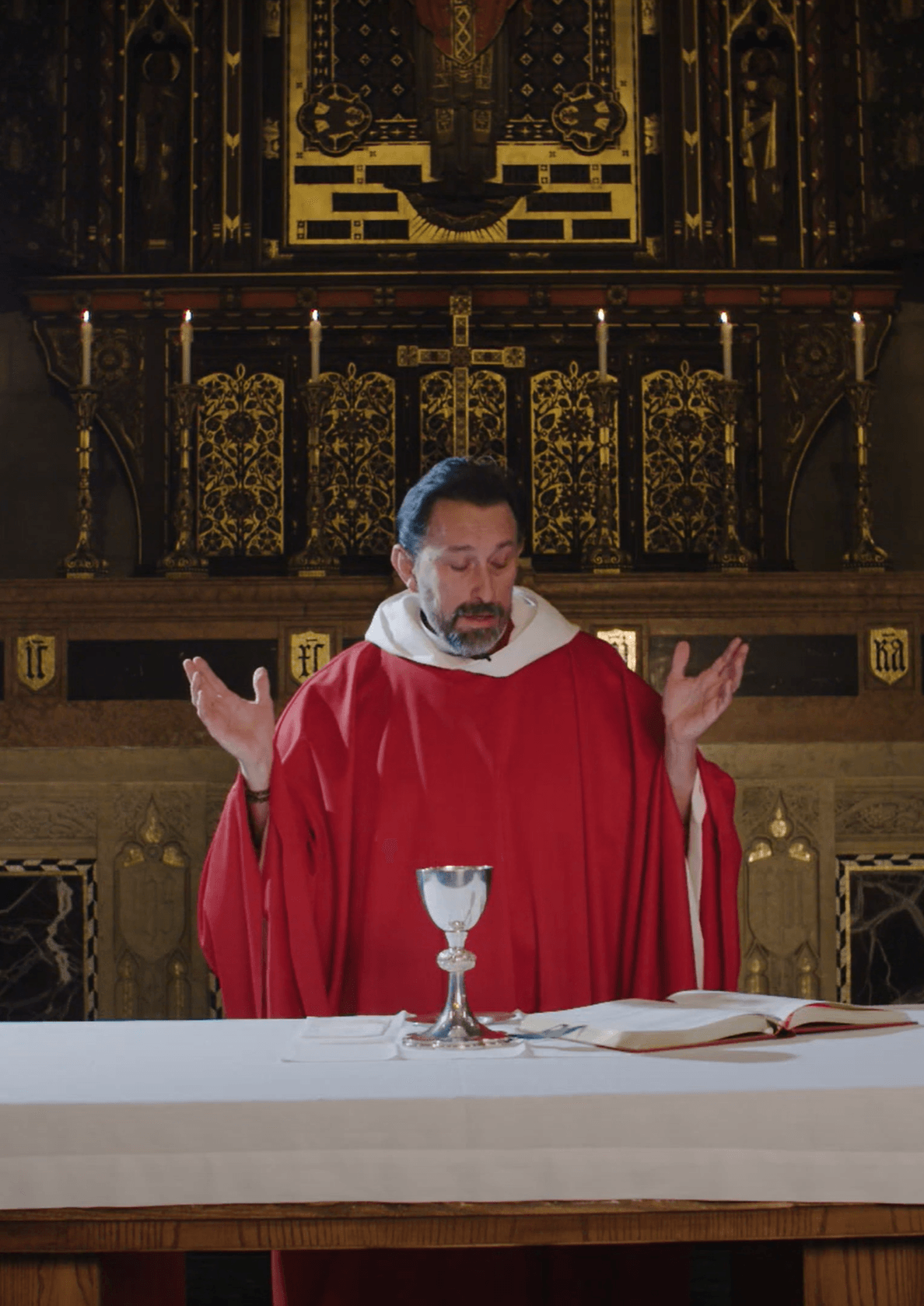
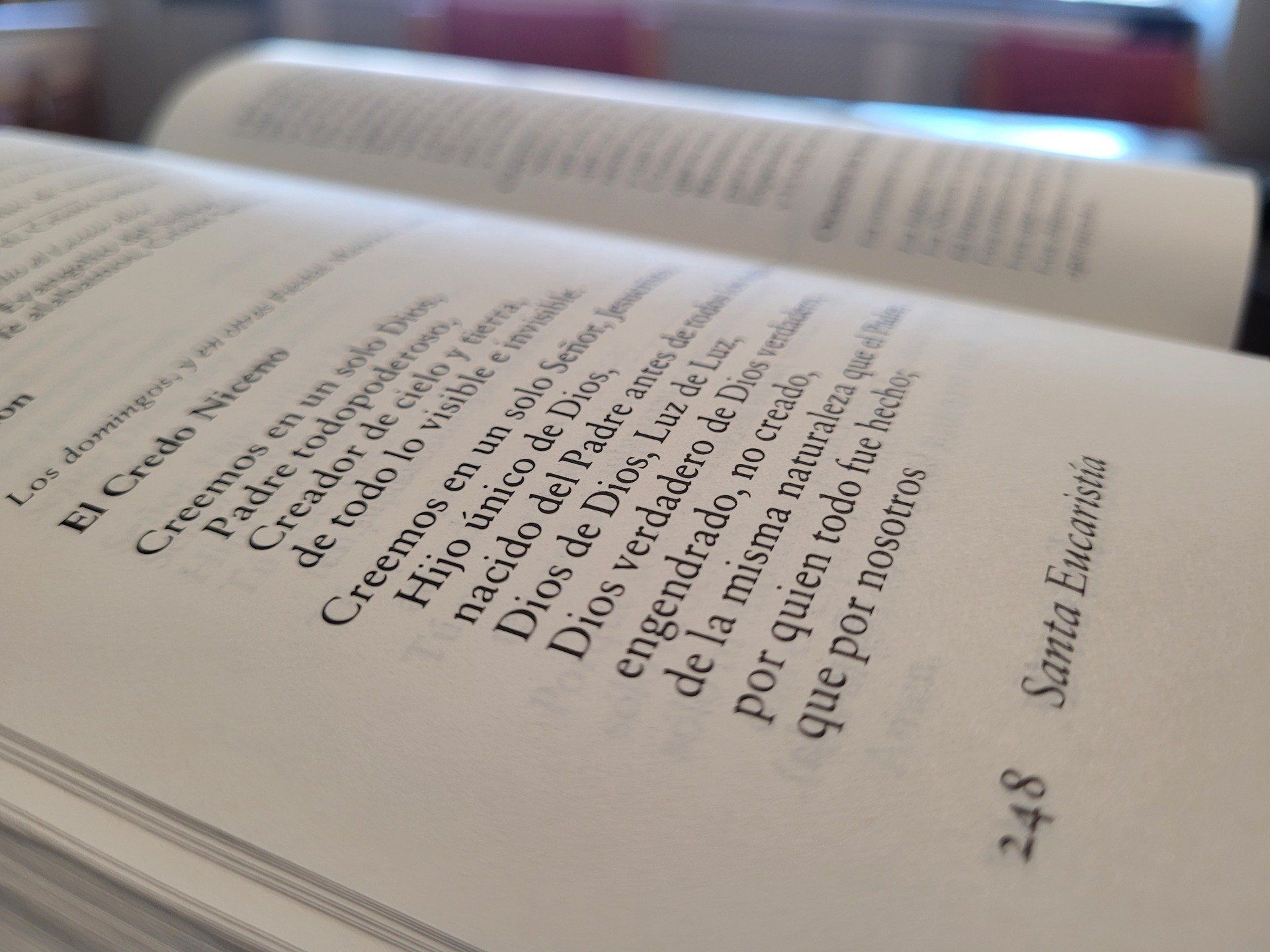
The Creeds
The Creeds are statements of our basic beliefs about God. The Church proclaims two creeds: the Apostle's Creed and the Nicene Creed.
The Apostles' Creed is the ancient creed of Baptism — the oldest "official" statement about what Christians believe — and we continue to use it today at all baptisms and in our daily prayer.
The Nicene Creed is the creed of the universal Church and is used at the Eucharist. In addition to the basic beliefs of the Church, the Nicene Creed lays out the relationship between the persons of the Trinity, the story of salvation in Christ, and the nature of the Church.
The Christian Life
While our faith rests on the foundation of what we believe, we read in Holy Scripture that "faith by itself, if it has no works, is dead" (James 2:17). All that Episcopalians believe only matters if it affects the way we live. We believe that morality and justice are at the heart of the Christian life.
As members of the Church, the Holy Spirit calls us to be holy as God is holy. We do this by keeping Christ's commandments in the Gospel; striving to live with mercy, compassion, and justice; and loving each and every person with the heart of Christ. While prayer and worship are at the heart of all that we do, our faith takes its true form in our work in the community and in our daily life.

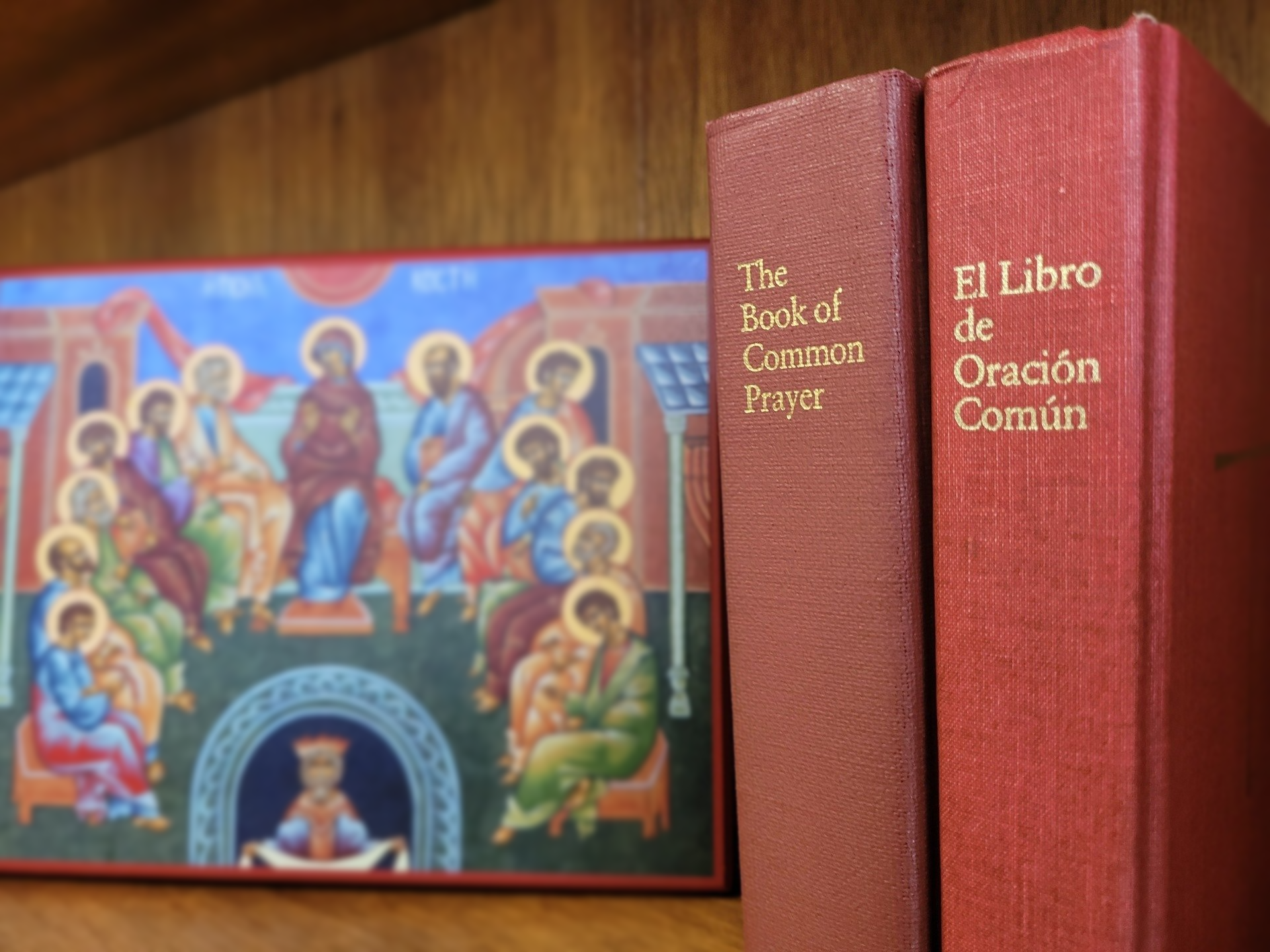
The Prayers
As Christians, we are people of prayer. As Episcopalians, we share in a centuries-old tradition of praying. Put simply, prayer is response to God. Jesus teaches us to come before God with humble hearts, boldly offering our thanksgivings and concerns to God or simply listening for God’s voice in our lives and in the world. Whether in thought, word, or deed — individually or corporately — when we pray, we invite and dwell in God’s loving presence. The daily practice of making time and space to speak with God, to listen to God, or to simply be with God, clears a pathway for God to enter our lives.
Episcopalians pray together using the Book of Common Prayer. It contains all kinds of prayers: daily prayers for you and your family, prayers we use for the Church's liturgy, and prayers for all kinds of circumstances. We continue in this tradition because it unites the Church, it grows our faith, and in all of life's moments for which we cannot find words, the Holy Spirit gives us the words through the prayers of the saints contained in this book.
This information was adapted from the Catechism of the Book of Common Prayer and from digital resources made available by The Episcopal Church.
Want to learn more?
Leave your info here and we'll be in touch.
Sign up to our newsletter
We will get back to you as soon as possible
Please try again later
